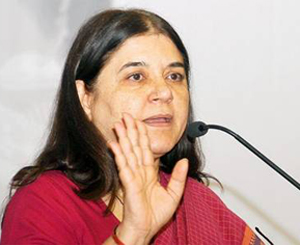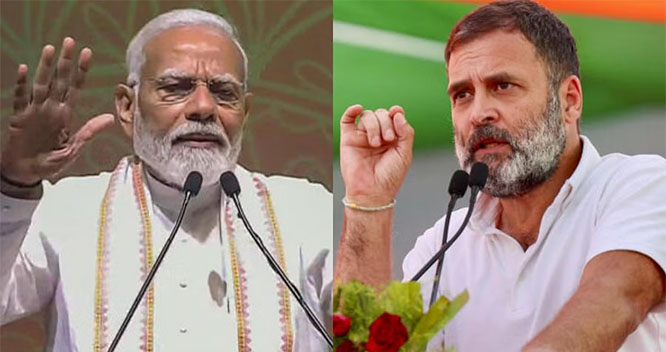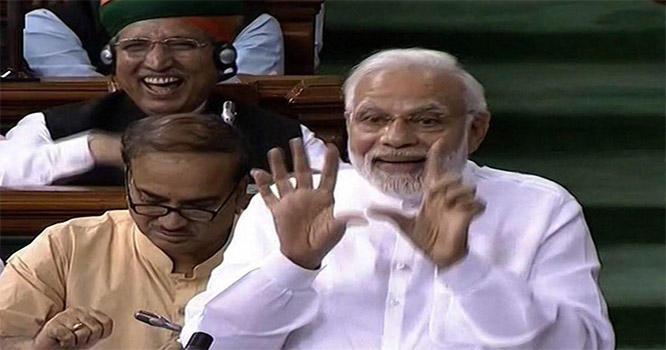New Delhi, Dec 3: Strongly pitching for surveillance of sex crime convicts after release, the WCD minister Maneka Gandhi has asked the law minister for enactment of a law for mandatory registration of such offenders, ahead of the release of the December 16 gangrape juvenile convict later this month.

In a letter to Law Minister Sadanand Gowda, the Women and Child Development Minister said, "In cases where the accused are convicted for committing heinous crimes, the orders of the court may also include mandatory requirement of registration of the accused in local police station so that police can monitor their activities and keep track of their movements."
Such an initiative by courts will ensure effective management and supervision of sex offenders and also reduce future offences leading to a sense of security among women and children, she said.
Convicts of heinous crimes like rape should be mandated to provide their personal details to the local law enforcement agency on regular basis, she further suggested.
"The registered sex offenders may be required to periodically appear in person to their local law enforcement agency for purposes of giving details of their personal information such as present address and place of employment.
"The duration of such monitoring may be decided by courts depending upon the severity of the offence and whether the accused is a repeat offender," Gandhi said.
Stating that other countries also have laws to keep a watch on sex offenders after they have served the applicable period of punishment, Gandhi called for the enactment of a similar law in India.
"We do not have any such law in place in India. While there is a need to have such laws, they may take some time to enact. In the meantime, a pro-active action on the part of courts may be a solution," she said.
Gandhi's remarks came ahead of scheduled release of the juvenile convict, who was considered the "most brutal" of all the six offenders, involved in gangrape of a 23-year-old woman in 2012. In 2013, he was sentenced to three years in a remand home, being a minor at the time of the incident.
According to National Crimes Records Bureau, sexual crimes such as rape have increased from 24,923 in 2012 to 36,735 in 2014 and in case of sexual crimes against children, it has increased from 8,541 to 13,766 during the same period.
Cases of assault on women with intent to outrage her identity have more than doubled from 40,613 in 2010 to 82,235 in 2014.
Similarly, 11,335 cases were reported in 2014 of assault on girl children with an intent to outrage their modesty and 444 cases were registered under the category of insulting the modesty of girl children during the same period.








Comments
Add new comment